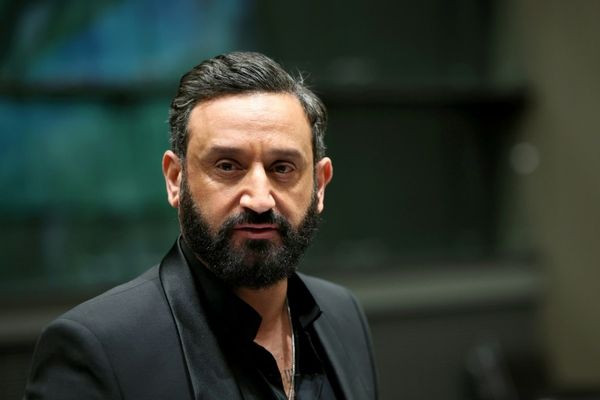LVIV, Ukraine — Russia on Monday warned Finland and Sweden that plans to join the North Atlantic Treaty Organization were a "grave mistake," as Moscow's forces stepped up attacks in eastern and southern Ukraine.
Sergei Ryabkov, Russia's deputy foreign minister, said the two Nordic nations, which over the weekend announced their intention to apply for NATO membership, were embarking on a misguided path "with far-reaching consequences," according to Russian news reports.
"The fact that the security of Sweden and Finland will not be strengthened as a result of this decision is very clear to us," the Interfax news agency quoted Ryabkov as saying. "They should have no illusions that we will simply put up with it."
Entry into NATO by Finland and Sweden — long officially non-aligned nations that have avoided allying with major powers — would significantly alter the transatlantic security architecture in existence since the end of World War II. The move would also represent a major geopolitical blow for Russian President Vladimir Putin, who cited thwarting NATO expansion as a primary reason for invading Ukraine.
The decision by Stockholm and Helsinki to ask to join the 30-nation pact reflects the seismic shift in attitudes in Scandinavia and elsewhere in Europe since the war in Ukraine began Feb. 24.
In his comments, Ryabkov did not spell out specific consequences for the two Nordic nations. But he asserted that the move would exacerbate regional instability.
"The general level of military tension will rise; predictability in this sphere will decrease," Ryabkov said. "It is a shame that common sense is being sacrificed to some phantom provision about what should be done in this unfolding situation."
Finland shares a more-than-800-mile border with Russia, which views any expansion of NATO toward its territory as a huge security threat. Sweden sits on Finland's western flank and is also partially bordered by the Baltic Sea.
As Russia's diplomatic relationship with Finland and Sweden frayed, inside Ukraine its forces were reported to be pressing attacks Monday in the Donbas region, Ukraine's eastern industrial heartland.
Russian aircraft "damaged civilian and military infrastructure in the eastern war zone and industrial facilities deep in Ukraine," the Ukrainian military said Monday. Russia is "preparing offensive operations" with forces based in the Russian-controlled eastern Ukrainian city of Izyum, a key strategic point in the Donbas battle.
Moscow redirected its efforts last month to the Donbas after a failed attempt to capture Kyiv, the capital. Ukrainian officials say that Russian troops have also been driven back from Kharkiv in the northeast, Ukraine's second-most populous city, which has been under heavy assault since the beginning of the war and lies only about 25 miles from the Russian border.
But the southeastern port city of Mariupol, which is almost completely under Russian control, continued to be hammered by "massive artillery and airstrikes," the Ukrainian military said. Most of the city's prewar population of more than 400,000 has fled, and much of the city lies in ruins. Moscow's forces in Mariupol are concentrating their fire on Ukrainian forces holed up in the vicinity of the giant Azovstal steel plant.
In his overnight address, Ukrainian President Volodymyr Zelenskyy said his government was continuing "very complicated and delicate negotiations" to facilitate the evacuation of troops and civilians from Mariupol.
"We deal with this issue on a daily basis," Zelenskyy said, adding that Ukraine was bracing for expanded Russian assaults in the south and east.
"We are preparing for new attempts by Russia to attack in Donbas, to somehow intensify its movement in the south of Ukraine," Zelenskyy said. "The occupiers still do not want to admit that they are in a dead end and their so-called special operation has already gone bankrupt."
Zelenskyy has welcomed the moves by Helsinki and Stockholm to join NATO. Indeed, the goal of membership in the alliance is enshrined in Ukraine's own constitution — a major source of anger and alarm in Moscow — though Ukrainian officials have indicated that it could be subject to negotiation as part of a settlement to end the war.
In addition to Finland and Sweden, Georgia — like Ukraine, a former Soviet republic — has also expressed a desire to join NATO despite Moscow's vociferous objections.
NATO and U.S. officials have voiced confidence that Finland and Sweden would be accepted into the alliance despite reservations from Turkey, a NATO member. Ankara objects to the presence in the two Nordic nations of Kurdish groups critical of Turkey's treatment of its Kurdish minority.
Moscow says it launched its "special military operation" in Ukraine in a bid to rid the country of fascists and Nazis and to strengthen Russia's security from Western advances. Ukraine and its allies call the war an unprovoked power grab by Putin.







